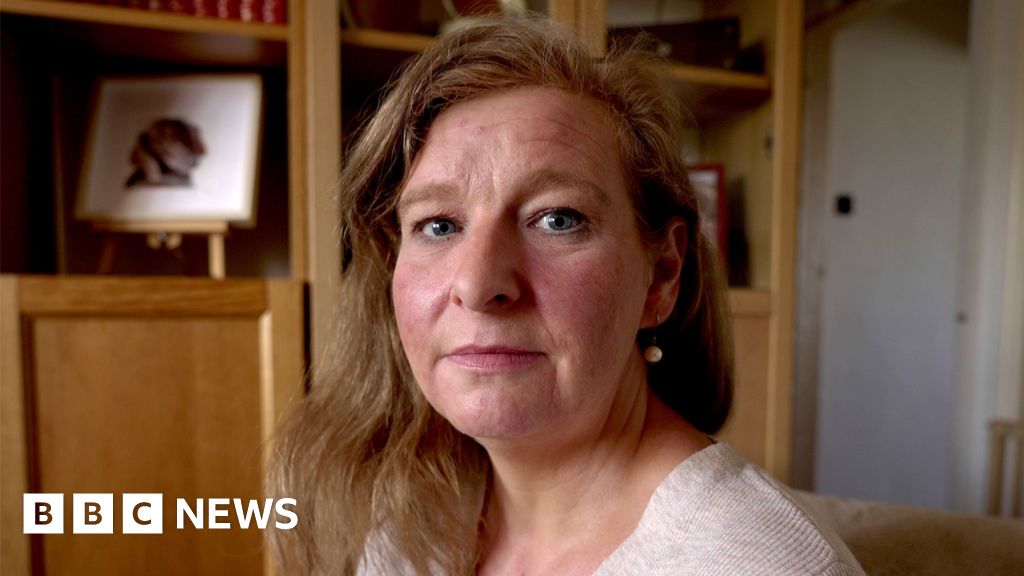Prof Gina Rippon dismisses too easily the genuine concerns about overdiagnosis of conditions such as autism and the medicalisation of normal behaviour (Why the antagonism over the rise in autism diagnoses? It’s actually good news, 21 July). She correctly observes that there has been an astonishingly large increase in diagnosis rates since 1998. She also notes correctly that, before the 1980s, autism was diagnosed infrequently because of its “overly narrow” definition.
However, in arguing that many children consequently missed out on the help they needed, she draws the wrong conclusion. She fails to mention that other diagnoses were available for such children, including social anxiety, attention deficit hyperactivity disorder and learning disability, among others. Children needing help were frequently diagnosed with one of these, and with sufficient reliability to enable help to be offered within available resources. Moreover, it is well known that the diagnosis of autism by itself does not indicate any specific kind of intervention.
Rippon also welcomes the soaring rates of diagnosis, assuming it somehow explains the behaviour of those given it. However, autism is just a descriptive diagnosis. The diagnostic criteria comprise a large cluster of behaviours, such that two people with the diagnosis may display no behaviours in common. The common underlying psychological or neurological abnormality, if one exists at all, is simply not known. I recall during my clinical career in child and adolescent mental health services (Camhs) being asked by parents of a boy with an autism diagnosis: “We know he has autism, but why does he behave the way he does?” The only available explanation would be an individual assessment of the child concerned and the settings that trigger any behavioural difficulties.
Rippon ends by claiming the high rates of autism diagnoses are simply a reflection of human diversity. However, in doing so, she inadvertently reflects what those concerned about overdiagnosis are actually saying. It’s precisely because we welcome human diversity that we wonder why such high levels of diagnosis are necessary to understand it.
Dr Richard Hassall
Knaresborough, North Yorkshire
As there are so many references to a “bad old past” in Gina Rippon’s article, I thought it might be helpful if I commented on some of the misapprehensions she expresses. I worked as an academic child psychiatrist from the 1960s to the 1990s, including as a psychiatrist to a school for autistic children. First, the rise in diagnoses has been even greater than Rippon suggests. In the first edition of my textbook, published in 1986, I give the prevalence as three to four per 10,000 children. It is now at least 100, a 30-fold rise. Second, the rise is either entirely or almost entirely due to a redefinition of the condition. So-called Asperger syndrome has been abolished as a diagnosis and merged into “autistic spectrum disorder”. Third, I do not recognise the supposed difficulty in diagnosing girls with this condition. Certainly, I had no hesitation in doing so when it was indicated.
Whether the redefinition of autism is good news or bad news, I, like many others, would find it difficult to say. Alongside the change in definition has come a welcome reduction in stigmatisation and greater willingness to attend relevant services. On the other hand, child mental health services are overwhelmed and many parents are frustrated by their incapacity to obtain what they, quite unrealistically, see as life-changing help. Rather than seeking a definitive diagnosis, many would be better served by encouragement to see their problematic children as “different” and needing an upbringing tailored to their particular strengths and difficulties.
Philip Graham
Emeritus professor of child psychiatry, University College London
Gina Rippon presents the astonishing rise in autism diagnoses as evidence that more members of marginalised groups are benefiting from being diagnosed. It is true that growing numbers of people are suffering mental distress, and the evidence links this with increased poverty and inequality. It is also true that access to services and welfare typically still requires a psychiatric diagnosis.
But it is entirely unjustified to describe autism as an incurable, neurodevelopmental brain disorder, except in the case of a small number of individuals who will require lifelong support and may never live independently. The extension of autism diagnoses to potentially include billionaires like Elon Musk, along with celebrities and others with successful careers, is unsupported by evidence. In fact, despite Rippon’s claim of “stunning advances”, no neural or genetic factor robust enough to aid diagnosis or predict treatment response has ever been found.
Additionally, there are significant disadvantages to framing diagnostic labels as identities to be celebrated. The experiences described by many people now claiming to be autistic are better explained as consequences of the rootlessness and individualism that characterise everyday life today, the effects of what sociologists call “victimhood cultures”, the invidious influence of social media, and the contribution of abuse and other adverse experiences to distress of all forms.
We do not need yet another way to individualise and commodify the grossly uneven impacts of these social pressures. Instead, we need to fundamentally transform our profoundly unequal society, dismantling the myths that make inequality appear inevitable.
Dr John Cromby
Honorary professor of mental health and psychology, University of Nottingham

 17 hours ago
4
17 hours ago
4










 English (US)
English (US)